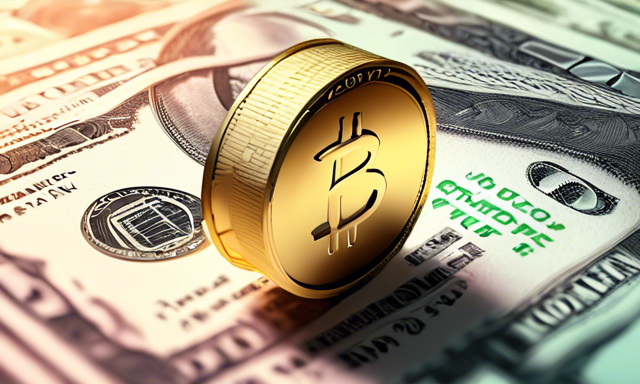Understanding the Impact of a Weaker Dollar on Inflation, Travel, and Investments
Exploring the effects of a weakening U.S. dollar can provide valuable insights into how it affects different aspects of the economy. Yahoo Finance anchor Madison Mills offers a detailed analysis of the pros and cons associated with a weaker dollar. Let’s dive into how currency depreciation can influence inflation, consumer prices, international travel, and investment opportunities.
The Role of a Weaker Dollar in Inflation and Domestic Prices
One of the immediate concerns with a weaker dollar is its impact on inflation and domestic prices. When the dollar loses value, prices of imported goods tend to rise, potentially leading to increased inflation in the United States. As everyday products heavily rely on imports, a declining dollar could result in higher costs for consumers. Monitoring this trend becomes crucial, especially as policymakers assess the broader consequences of currency fluctuations. Ultimately, the potential for heightened inflation poses a significant challenge to the purchasing power of American consumers.
Navigating the Effects on International Travel 🧳
For travel enthusiasts, a weakening dollar has both positive and negative implications. On one hand, a depreciating dollar might make international travel more expensive for Americans, as their currency holds less value when exchanged for foreign currencies. If you have travel plans, especially to destinations where the dollar historically performs well, like Japan, seizing the opportunity before further depreciation occurs could be beneficial. This underscores the importance of strategic planning when currency values are in a state of flux.
Exploring Investment Opportunities in a Weaker Dollar Climate 💼
While consumers and travelers may face challenges, a weaker dollar can be advantageous for investors. Mills points out that currency depreciation creates unique investment prospects, especially in foreign assets. Investors could consider purchasing foreign stocks, bonds, or currencies, leveraging the weakened dollar to acquire assets that may appreciate upon conversion back to U.S. currency. Mills references the recent success of the “carry trade” involving the dollar and the yen, where institutional investors capitalized on the weakened yen for substantial gains. Monitoring global central bank actions remains essential for the success of such investment strategies.
Hot Take: Navigating Currency Depreciation for a Balanced Outlook
Understanding the implications of a weaker U.S. dollar allows you to make informed decisions regarding inflation, international travel, and investment opportunities. Stay proactive in monitoring economic trends and currency fluctuations to adapt your consumer, travel, and investment strategies accordingly. By recognizing the potential challenges and benefits associated with a declining dollar, you can position yourself for financial resilience in the evolving global market landscape.





 By
By

 By
By
 By
By
 By
By
 By
By